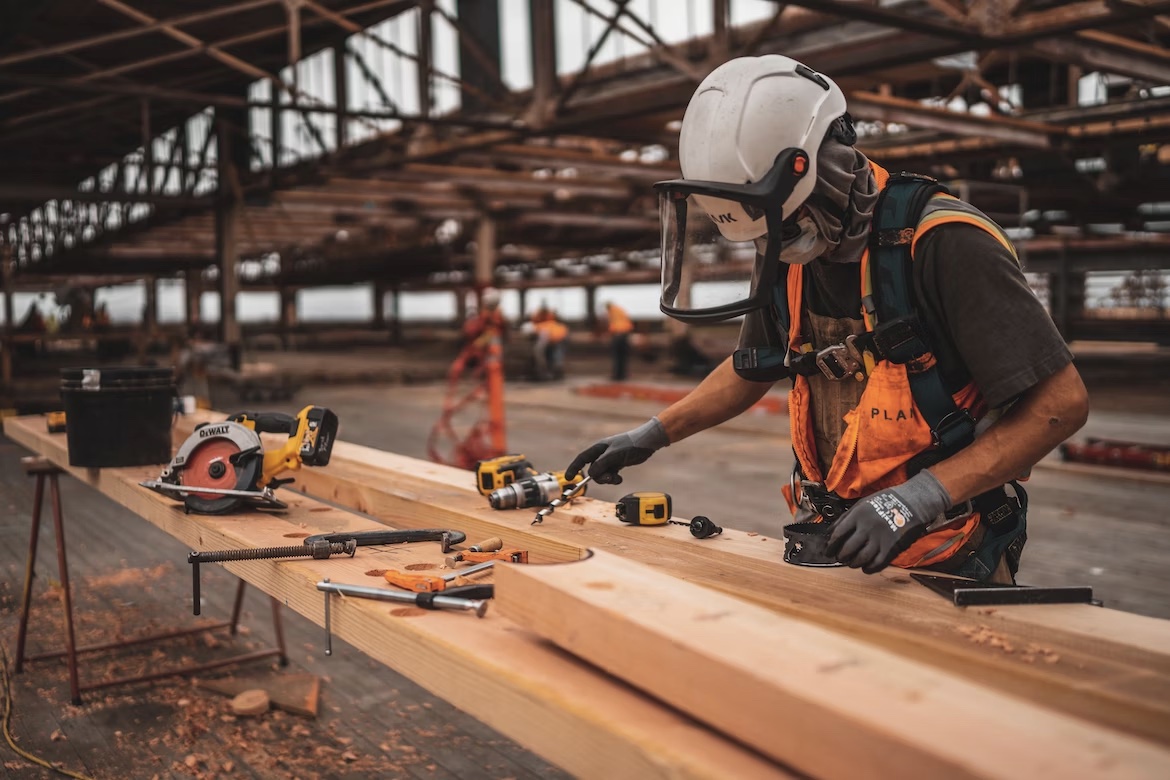
In the construction industry, safety is paramount. Making sure that every worker on site is qualified, trained, and compliant with safety standards is not just good practice; it’s a legal and moral obligation. This is where ISN (International Safety Net) ratings come into play, offering a standardized method for assessing and managing contractor and supplier compliance with safety regulations. Understanding ISN ratings is crucial for anyone involved in the construction industry, from project managers to contractors and safety officers.
What is ISN?
ISN is a global leader in contractor and supplier management, specializing in connecting organizations with safe, reliable contractors and suppliers. The core of ISN’s service is its platform that provides tools for evaluating contractor health, safety, quality, and regulatory information. This evaluation results in an ISN rating, which reflects a contractor’s overall safety performance. You can find out more about ISN rating criteria here.
How ISN Ratings Work
ISN ratings are based on several key metrics:
- Health and Safety Statistics: This includes a contractor’s safety record, incident rates, and compliance with health and safety regulations. Contractors with low incident rates and comprehensive safety programs tend to receive higher ratings.
- Insurance and Compliance: ISN verifies that contractors have the required insurance coverage and are compliant with local and international safety standards and regulations.
- Documentation and Training: ISN assesses the contractor’s documentation of safety procedures, training programs, and certifications. This makes sure that workers are adequately trained and informed about safety protocols.
Importance of ISN Ratings
For construction companies and project managers, hiring contractors with high ISN ratings offers several benefits:
- Reduced Risk: Contractors with good ISN ratings typically have lower accident rates and are more likely to adhere to safety protocols, lessening the risk of accidents and potential legal liabilities.
- Improved Reputation: Working with highly rated contractors enhances the reputation of a construction company, signaling to clients and stakeholders a commitment to safety and quality.
- Efficiency: ISN ratings streamline the contractor selection process by providing standardized, reliable information. This saves time and resources that would otherwise be spent on extensive vetting and verification.
How Contractors Can Improve Their ISN Ratings
Contractors looking to improve their ISN ratings should focus on the following areas:
- Invest in Safety Programs: Implement comprehensive safety programs and ensure all employees are trained and knowledgeable about safety protocols.
- Maintain Compliance: Stay updated with the latest safety regulations and ensure all documentation and certifications are up-to-date.
- Monitor and Improve Performance: Regularly review safety statistics and incident reports to pinpoint areas for improvement and take proactive measures.
Conclusion
ISN ratings play a crucial role in ensuring safety and compliance within the construction industry. By evaluating contractors based on health, safety, quality, and regulatory standards, ISN provides a standardized framework that benefits both contractors and construction companies alike. Understanding ISN ratings allows stakeholders to make informed decisions, mitigate risks, and uphold high standards of safety and professionalism on construction sites. As the industry continues to prioritize safety, ISN ratings will remain a cornerstone of contractor management, promoting a safer and more efficient working environment for all involved.
Interesting Related Article: “What are ratings? Definition and meaning“
